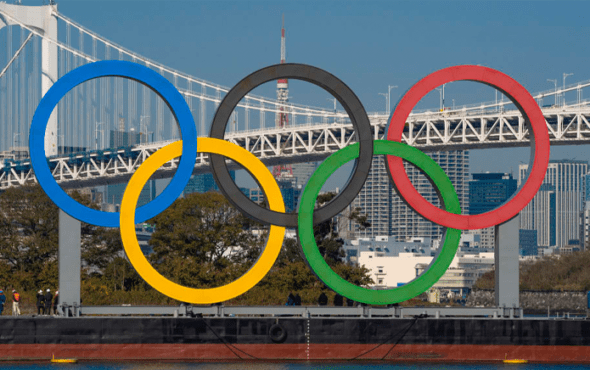
BBC Sport has taken a stand against transphobia in a powerful social media post following an influx of hate targeting trans Olympic athletes.
Athlete Laurel Hubbard has been described as the “reluctant history maker” for her impact in the Tokyo Olympics.
Months ahead of the New Zealander’s debut at the legendary games, the progress of the 43-year-old rapidly become subject to public opinion.
Headlines eagerly followed Hubbard’s track record, athletic history, and qualification for the 2020 games as a trans competitor.
A weightlifter representing New Zealand, Hubbard has shouldered plenty of criticism before the opening ceremony for the Olympics. But, still, she remains a standout figure for how major competitions are able to integrate LGBTQ+ athletes.
However, as one of the first trans athletes to compete in a global sporting event, there has been wide speculation about her eligibility and IOC guidelines.
Criticism is sure to follow Hubbard’s success, however, the sportsperson has been able to compete since 2015.
IOC issued new guidelines in November 2015 which states athletes who have transitioned from male to female are eligible to compete, without the need for surgery, if their testosterone levels are low enough.
In this case, testosterone levels must be kept below 10 nanomoles per litre for at least 12 months; a rule also followed by the International Weightlifting Federation.
BBC Sport released a tweet showcasing solidarity with trans athletes and promised they would take action to ensure their platform would be a “respectful” place for “discussion, constructive criticism, debate, and opinion”.
The tweet also reiterated the BBC’s commitment in “covering issues and discussions around equality in sport”.
In an effort to ensure a welcome online environment, the account called upon users to flag posts or tweets that express “hate on the basis of race, colour, gender, nationality, ethnicity, disability, religion, sexuality, sex, age or class”.
The tweet added: “Together we will strive to make our social media accounts a safe space for everyone,” BBC Sport wrote. “If we’re on the same team, hate won’t win.”
A message to all @BBCSport followers 📝#HateWontWin pic.twitter.com/Butb42lDu3
— BBC Sport (@BBCSport) August 1, 2021
BBC Sports’ statement of support towards trans, minority, and LGBTQ+ athletes comes as no surprise as hateful online criticism continues to surge as the Olympics continue.
Negative comments were most notable once Hubbard failed to proceed further in the Olympics after being unable to lift 125kg in the +87kg women’s weightlifting final.
Hubbard spoke to the BBC following her elimination and expressed gratitude for her “supporters”.
“I know that from a sporting perspective I haven’t really hit the standards that I put upon myself and perhaps the standards that my country has expected of me,” she said.
“But one of the things for which I am profoundly grateful is that the supporters in New Zealand have given me so much and have been beyond astonishing.
The history-making athlete continued: “I’d like to thank the New Zealand Olympic Committee – they have supported me through what have been quite difficult times.
“I know that my participation at these Games has not been entirely without controversy but they have been just so wonderful and I’m so grateful to them.”



